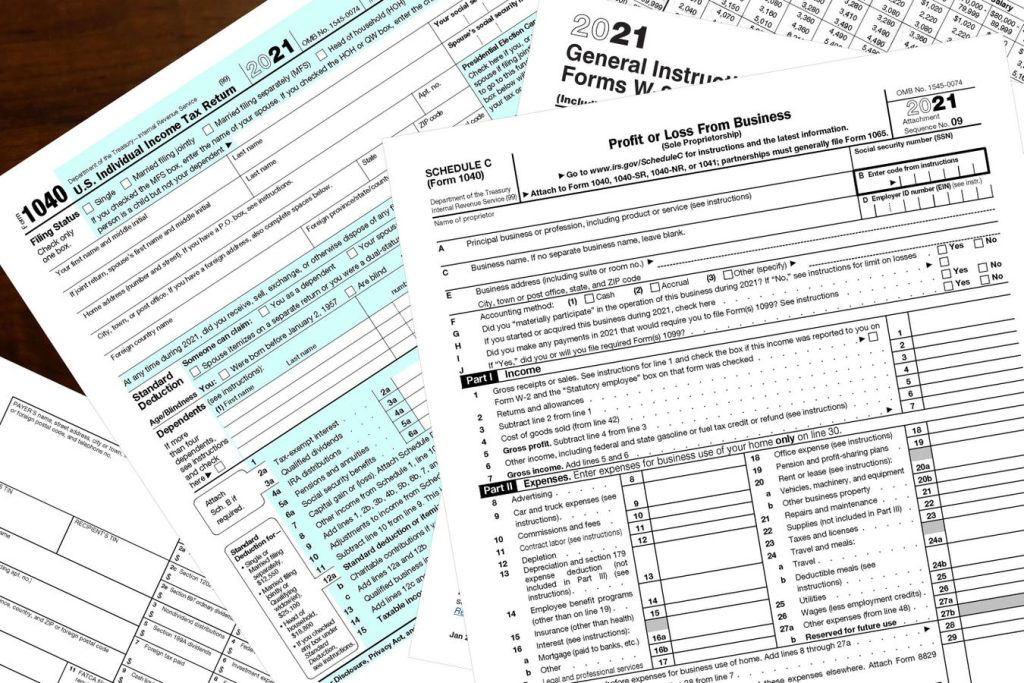U.S. persons with interests in foreign trusts face complex international reporting obligations, including the requirement to file IRS Form 3520-A in addition to Form 3520. The penalties for failing to file Form 3520-A can be severe. This article highlights five key points to know about Form 3520-A, including who has to file and potential traps to be aware of, such as the grantor trust rules and executor obligations.
The deadline for filing IRS Form 3520-A varies depending on whether the foreign trust or the U.S. owner is filing. For foreign trust filings, the form must be submitted by the 15th day of the third month after the trust’s tax year ends, unless an extension is obtained. Substitute Form 3520-A filings must be attached to Form 3520 by the filing deadline, typically April 15. Failure to file on time can result in costly penalties, with the IRS assessing a civil penalty based on the value of the foreign trust owned by the U.S. owner.
The penalties for failing to file IRS Form 3520-A can add up quickly, as demonstrated in the Wilson v. U.S. case. However, the penalty may be waived if the U.S. owner can show reasonable cause for the failure to file. Reasonable cause determinations are made on a case-by-case basis, taking into account all relevant facts and circumstances. It is essential for U.S. owners of foreign trusts to understand the potential penalties and take steps to ensure compliance with IRS reporting requirements.
One crucial aspect of filing IRS Form 3520-A is appointing a U.S. agent for the foreign trust. Failure to appoint a U.S. agent can result in the IRS determining the tax consequences of the trust for the U.S. owner. Properly appointing an agent and reporting this information on Form 3520-A is vital to avoid potential penalties and ensure compliance with IRS regulations. U.S. owners of foreign trusts should have a valid U.S. agent agreement in place.
If a U.S. owner misses the filing deadline for IRS Form 3520-A, there are options available to regain compliance. Eligible individuals can submit the late form through the IRS’ Streamlined Filing Compliance Procedures, which may waive penalties for late filing. Alternatively, the Delinquent International Return Submission Procedures allow taxpayers to file late forms and argue reasonable cause for the delay. It is important to explore these options and take steps to address any missed filing deadlines promptly.













